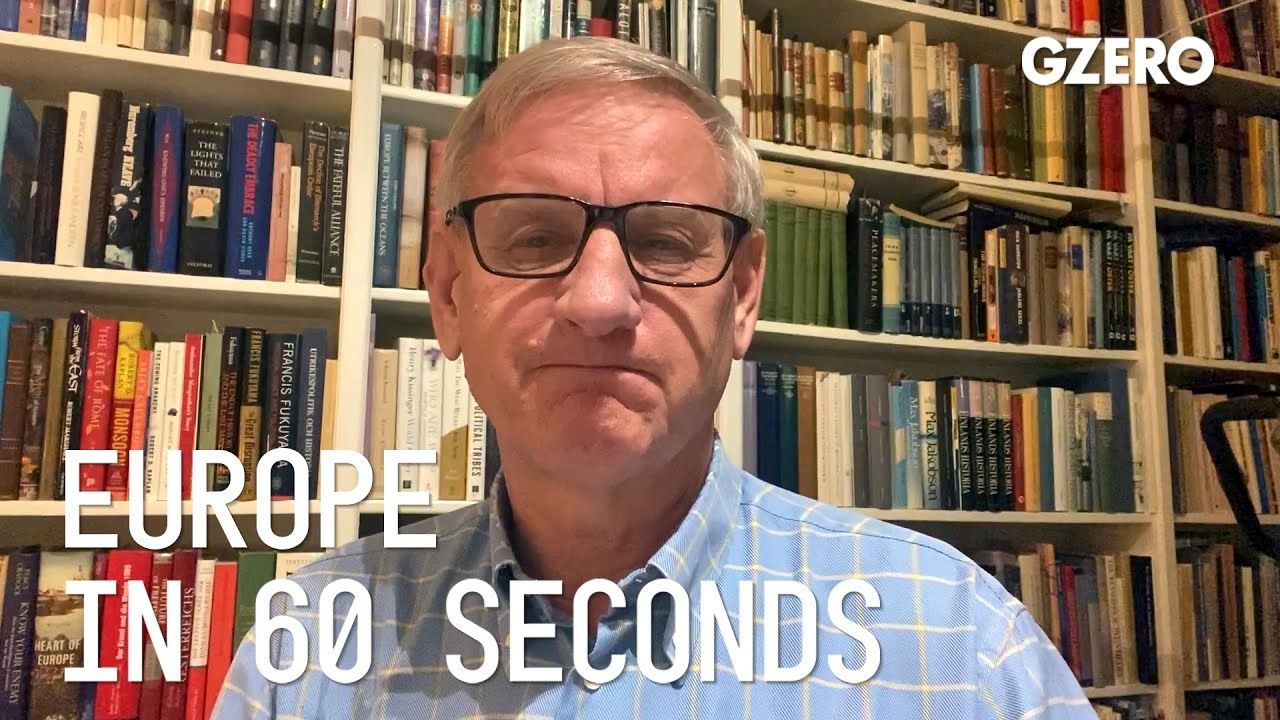In 60 Seconds
Coronavirus & Trump's ban on flights from Europe

Coronavirus & Trump's ban on flights from Europe | Allyship & the UK | Europe In :60 | GZERO Media

Carl Bildt, former Prime Minister and Foreign Minister of Sweden, provides his perspective:
First, how did Europe react to the flight ban for Europe that President Trump announced on March 11?
Well badly, to put it very mildly. The decision was evidently taken it without any consultation, without any information whatsoever. The leaders of the EU got the information by watching the television, and that's not really the way things are done between friends and allies. And add to that that we are facing a global situation that requires cooperation and coordination. And this was not particularly good.
Second question, why was the United Kingdom excluded from that?
Well, you can speculate about that. Difficult to see any objective reasons for it. It is probably a more political move in the sense that President Trump is not known as a leading friend of the European Union and wants to give sort of some sort of advantage to the United Kingdom. But effectively, of course, the danger if there is any such coming from Europe is as great from the United Kingdom as from anywhere else.
A Democrat won Miami’s mayoral race for the first time in nearly 30 years. The Republican defeat will ring some alarms for the party – and their support among Latino voters.
Walmart’s $350 billion commitment to American manufacturing means two-thirds of the products we buy come straight from our backyard to yours. From New Jersey hot sauce to grills made in Tennessee, Walmart is stocking the shelves with products rooted in local communities. The impact? Over 750,000 American jobs - putting more people to work and keeping communities strong. Learn more here.